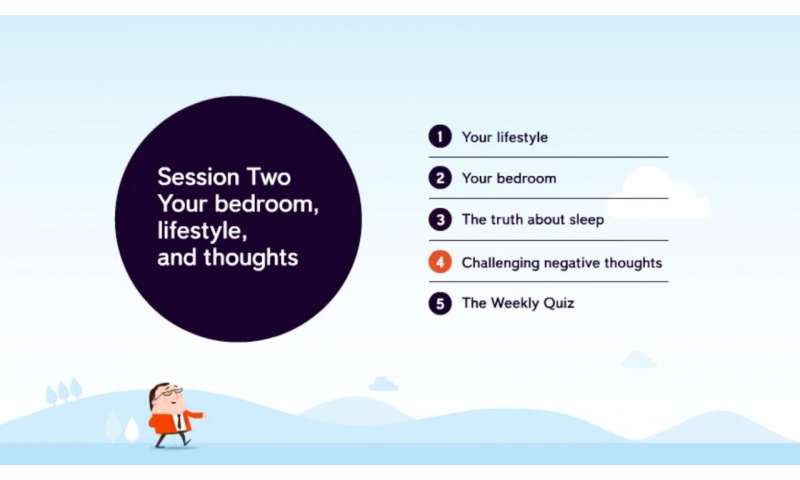
Did you know that man is the only animal that purposely delays sleep? Or that sleep disturbance increases at higher altitudes, as well as in times of increased stress? Due to the coronavirus pandemic, everyone seems to be experiencing higher stress—which means that right now Sleepio could really help members of the CU Denver community get some much-needed rest.
What Is Sleep Efficiency?
Sleepio is a digital sleep training program that uses scientific research to improve your sleep efficiency. What is sleep efficiency? It’s the percentage of time spent asleep while in bed. Sleep efficiency is key to getting good sleep.
Developed by sleep scientist Colin Espie, Ph.D., and ex-insomnia sufferer Peter Hames, Sleepio is now available to employees and dependents 18+ enrolled in any CU Health Plan administered by Anthem/CVS. People interested in using the program can log in to Sleepio via computer and/or use the Sleepio app. But does it work?
Get Sleep Lessons from The Professor
I nominated myself to investigate the Sleepio tool, out of curiosity and a desire to get better sleep. I quickly met The Professor, a jacketed and bespectacled cartoon sleep expert who imparts lessons based on psychology and sleep science. He is a great character: smart but not condescending, enthusiastic but not overly optimistic—and he has a cute dog.
After an initial sleep test, you follow a self-directed program that includes a sleep diary, lessons on sleep science, and some cognitive behavioral therapy (CBT). Simply put, CBT is a type of psycho-social therapy that helps you retrain your brain to respond to negative thoughts and feelings in a more positive or different way. Sleepio’s six lessons respond to the four basic things that block or promote sleep efficiency: your thoughts, your daily schedule, your lifestyle, and your bedroom.
COVID-Somnia on the Rise
Sleepio may be more important now than ever. According to a recent article in Neurology Today, a phenomenon known as “COVID-somnia” is on the rise: “From insomnia to hypersomnia, night terrors to the misuse of sleep medications, the phenomenon is being reported and treated not only in people recovering from COVID-19, but in the far larger number of people whose lives have been turned upside down by fear and social isolation.”
Source: Read Full Article



